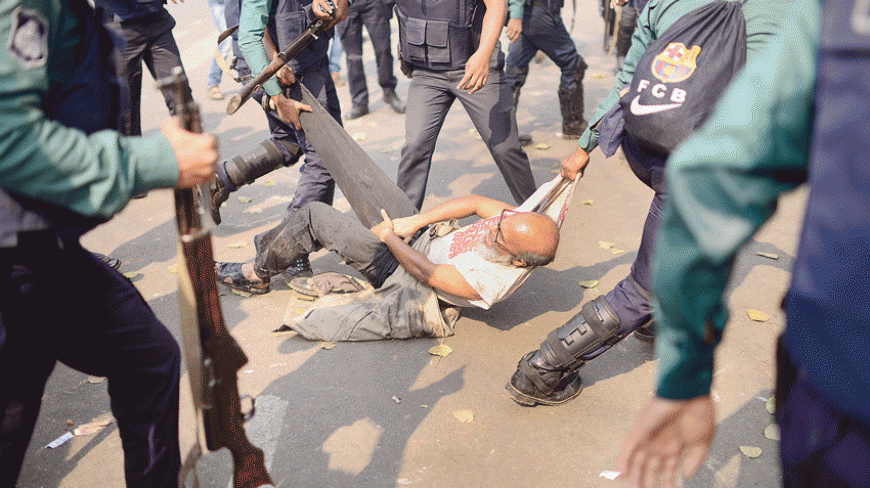I’m no environmentalist, but I am someone who understands just how sacred one’s home can be. For those of us privileged enough, it’s the place where we seek refuge after a trying day of fending off our inherent existential dread. The place where we find ourselves waking up most often. The safest space one can imagine, literally.
With that out of the way, please allow me to present what is perhaps (and, please, bear with me on this one) the dumbest rhetorical question that I’ve ever committed to print:
What is Earth if not home to the entire human race?
Trite, I know, but it gets the point across.
However, you’d be forgiven to think that Planet Earth is, in reality, a burden that we just can’t seem to shake off — more so now than any other point in history.
Consider this: The world’s biggest superpower is currently in the adorable hands of a businessman who thinks climate change is some kind of propaganda on the part of his country’s biggest competitor. This fact alone, coupled with America’s proclivity to pollute and waste more than most other nations, should be enough reason for scarps of paper to fly everywhichway while people everywhere panicked and yelled: “We didn’t listen!”
“Bangladesh is one of the countries to be hit hardest by the effects of climate change” — we’ve heard this horn get tooted time and again. And while it’s great to know that our prime minister has attended the last two Conference of Parties to push this narrative in the hopes of securing a pittance or two to prepare ourselves for the impending flood, it makes absolutely no sense for the administration to continue to remain so tone-deaf regarding the tangible environmental concerns over one of the most contentious development projects ever to be taken up by the Bangladeshi government so far.
We’ve witnessed numerous protests in the public campaign to get the government to reconsider the Rampal dirty-coal power plant, and the melee that was witnessed last Thursday was yet another tipping point.
People protest, the government assures them that everything will be fine, people protest again, the government reassures them that everything will be fine; add a dash of heavy-handed police action for good measure and you have all the makings of a repeating cycle — all the while the project nears its completion.
In this age of short attention spans and one-time-use memories, it makes sense for any self-respecting democracy to take advantage of the needs of the hour. So, while weekend warriors may have their impotent rage triggered by an image of a protester being dragged away by the cops, it’s hard to stay mad at “the man” for too long when they scroll down to a picturesque photo of our leader carrying a small child on her lap during a rickshaw-van ride in rural Bangladesh in the social network of their choice.
Like a nation of goldfish, unable or unwilling to remember any event for too long, we keep getting taken on for a ride ourselves by those who we have entrusted, out of our own volition or otherwise, to serve our nation.
It’s not entirely true, of course. If there is one thing that Bangladeshis know how to do better than any other jati, it’s remembering. Our rapid economic progress may have all but healed the wounds left by our birth, but picking at the remaining scabs is the preferred pastime for those who lived through it all. We seem to be unable to forget, unable to forgive.
I don’t have the statistics on hand, but given the veritable tide of angered, dissenting voices against the very notion of a potentially massively-polluting power plant being located anywhere near the Sundarbans, I am inclined to believe that it might not be the greatest idea ever, even if the odds are in favour of everything being fine.
But, more than the argument for preserving environmental integrity, Rampal represents the slow death of democracy in our nation, it represents a day when our leaders won’t even need to pretend to listen to the people. And when that day comes, you can rest assured that the people will not forget, nor forgive.
Source: Dhaka Tribune










